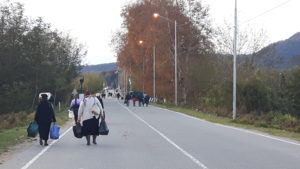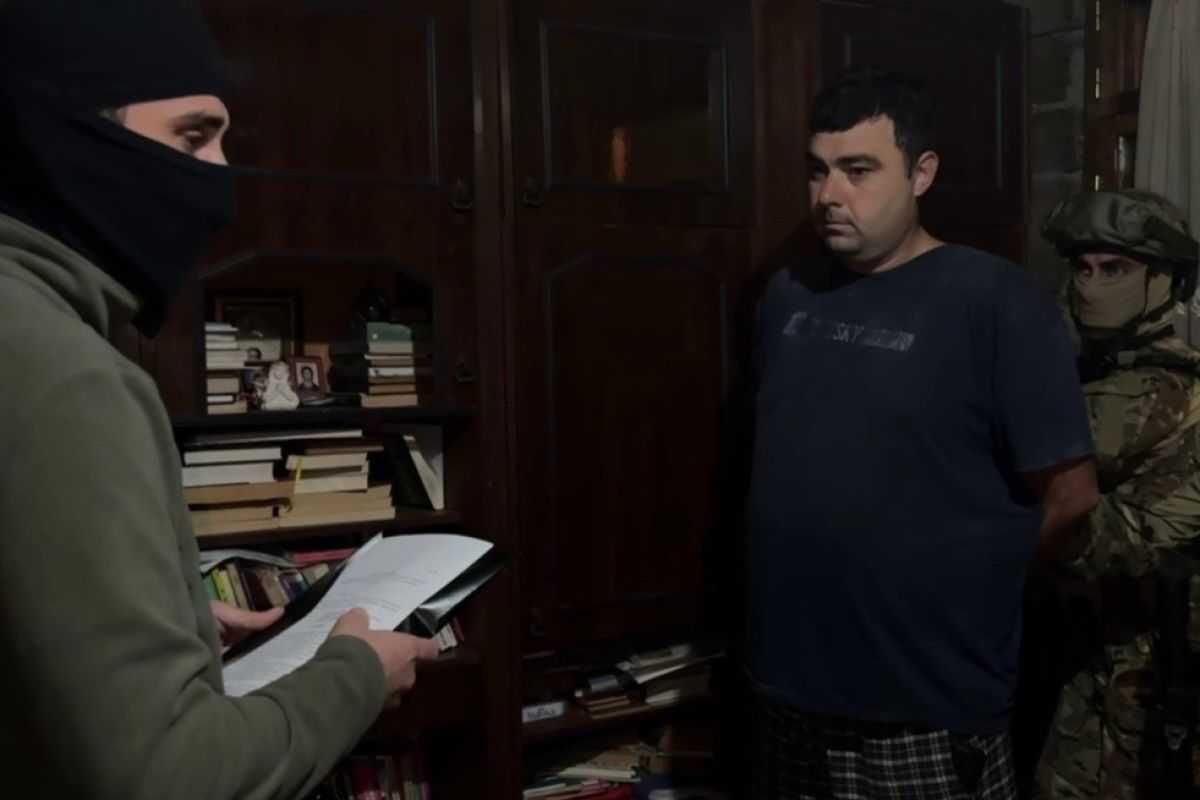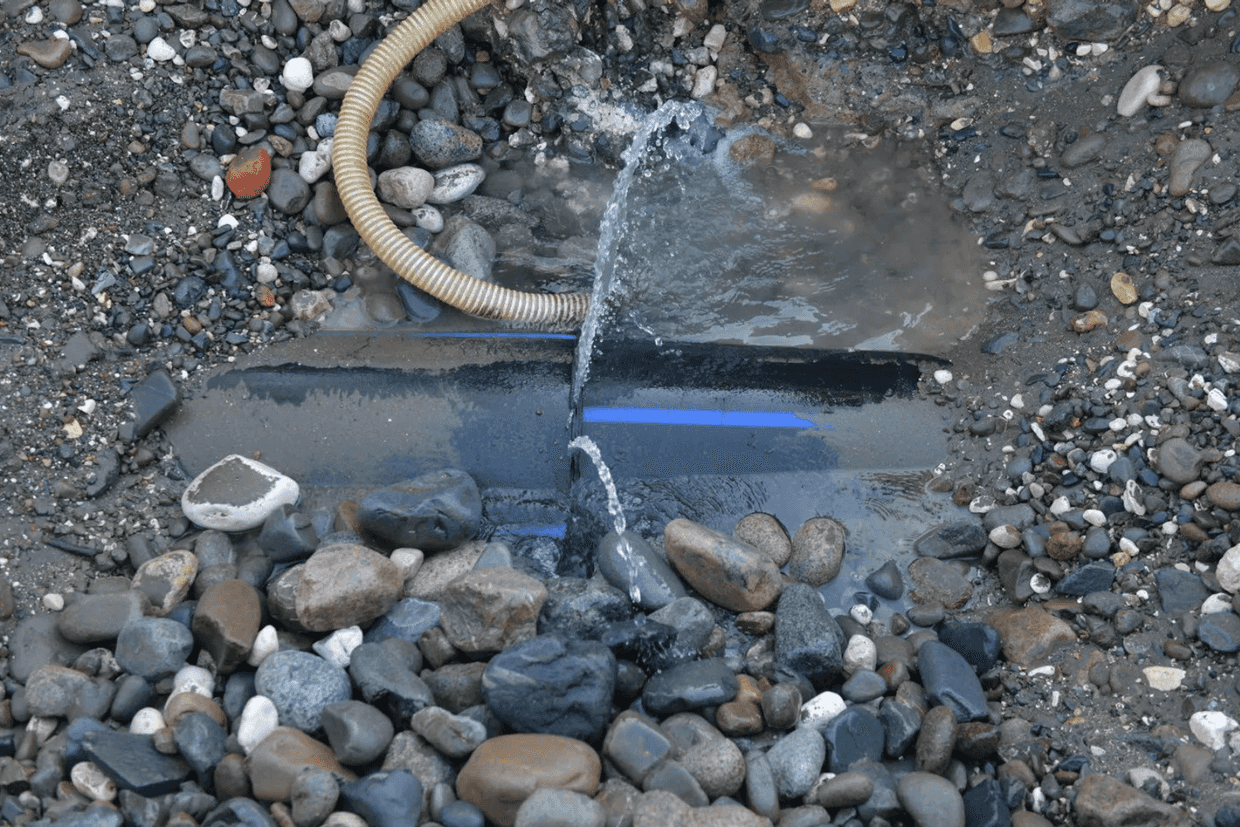

 Russia has dropped a ‘temporary embargo’ on Abkhazian agricultural goods, just a week after it was announced. The move comes just a week after Georgia’s announced a new initiative to simplify trade with Abkhazians and South Ossetians.
Russia has dropped a ‘temporary embargo’ on Abkhazian agricultural goods, just a week after it was announced. The move comes just a week after Georgia’s announced a new initiative to simplify trade with Abkhazians and South Ossetians.
In a 5 April statement, Russia’s Agriculture Ministry said they were reversing the ban on vegetables, fruit, and other agricultural goods from Abkhazia from 10 April.
The ban came into force on 2 April, with Russia’s Federal Service for Veterinary and Phytosanitary Surveillance, Rosselkhoznadzor, citing the need to prevent the spread of the brown marmorated stink bug, an agricultural pest, to Russia.
Crops in Abkhazia, and especially its eastern Gali (Gal) District — populated almost exclusively by ethnic Georgians — have been devastated by the stink bug. Many farmers abandoned harvesting their hazelnut crops entirely last year.
In the statement, Russia’s Agriculture Ministry said they made the decision to drop the ban after ‘measures were taken by the Abkhazian side to improve phytosanitary situation’.
Rosselkhoznadzor’s temporary ban caused anger among many Abkhazian agricultural companies and farmers, with the majority of their production aimed at the Russian market, Netgazeti reported from Sukhumi (Sukhum).
The Russian embargo was followed by an Abkhazian ban on Georgian agricultural products, claiming it was a response to outbreaks of the stink bug.
Russia claimed the stink bug had come from Georgia to Russia, even suggesting it could be a part of a campaign of ‘biological sabotage’.
According to research from the Russian Academy of Sciences, the stink bug was first detected in the region in the Russian city of Sochi, near Abkhazia’s western border, no later than 2013, and ‘thereafter it spread to Abkhazia and Georgia’. According to the researchers, the pest was spotted in Georgia by 2015.
[Read on OC Media: Russia bans agricultural imports from Abkhazia, accuses Georgia of ‘biological sabotage’
Abkhazia bans Georgian agricultural goods after Russian embargo]
For ease of reading, we choose not to use qualifiers such as ‘de facto’, ‘unrecognised’, or ‘partially recognised’ when discussing institutions or political positions within Abkhazia, Nagorno-Karabakh, and South Ossetia. This does not imply a position on their status.







